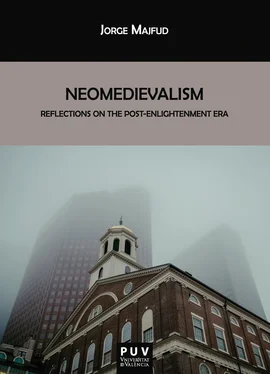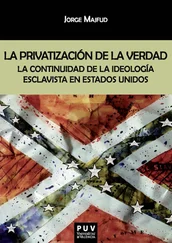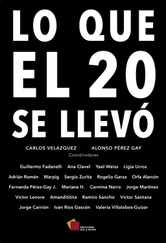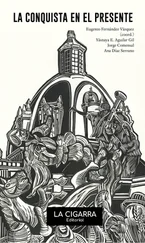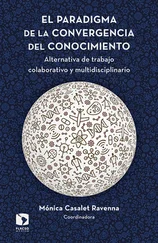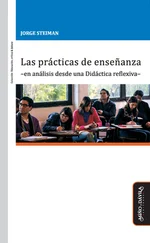The oral culture of the Middle Ages begins to change in that moment we call Humanism and that is more commonly taught as the Renaissance. The demand for written texts is accelerated long before Johannes Gutenberg invented the printing press in 1450. In fact, Gutenberg did not invent the printing press, but a technique for movable type that accelerated even more this process of reproduction of texts and massification of readers. The invention was a technical response to a historical need. This is the century of the emigration of Turkish and Greek scholars to Italy, of the travel by Europeans to the Middle East without the blindness of a new crusade. Perhaps, it is also the moment in which Western and Christian culture turns toward the humanism that survives today, while Islamic culture, which had been characterized by this same humanism and by plurality of non-religious knowledge, makes an inverse, reactionary turn.
The following century, the 16 th, would be the century of the Protestant Reform. Although centuries later it would become a conservative force, it birth—like the birth of all religion—arises from a rebellion against authority. In this case, against the authority of the Vatican. Luther, however, is not the first to exercise this rebellion; the humanist Catholics themselves were disillusioned and in disagreement with the arbitrariness of the Church’s political power. This disagreement was justified by the corruption of the Vatican, but it is likely that the difference was rooted in a new way of perceiving an old theocratic order.
Protestantism, as the word itself says, is—was—a disobedient response to an established power. One of its particularities was the radicalization of written culture over oral culture, the independence of the reader instead of the obedient listener. Not only was the Vulgate, the Latin translation of the sacred texts, questioned; the authority of the sermon moved to the direct, or almost direct, reading of the sacred text that had been translated into vulgar languages, the languages of the people. The use of a dead language like Latin confirmed the hermetic elitism of religion (philosophy and science would abandon this usage long before). From this moment on, the oral tradition of Catholicism will continually lose strength and authority. It will have, nevertheless, several rebirths, especially in Franco’s Spain. Professor of ethics José Luis Aranguren, for example, who made a number of progressive historical observations, was not free from the strong tradition that surrounded him. In Catolicismo y protestantismo como formas de existencia (Catholicism and Protestantism as Forms of Existence) he was explicit: “Christianity should not be a ‘reader’ but a ‘listener’ of the Word, and ‘hearing it’ is as much as ‘living it.’” (1952)
We can understand that the culture of orality and obedience had a revival with the invention of the radio and of television. Let’s remember that the radio was the principal instrument of the Nazis in Germany of the pre-war period. Film and other techniques of spectacle were also important, although in lesser measure. Almost nobody had read that mediocre little book called Mein Campf (its original title was Against Lying, Stupidity and Cowardice ) but everyone participated in the media explosion that was produced with the expansion of radio. During the entire 20 thcentury, first film and later television were the omnipresent channels of US culture. Because of them, not only was an aesthetic modeled but, through this aesthetic, an ethics and an ideology, the capitalist ideology.
In great measure, we can consider the 20 thcentury to be a regression to the culture of the cathedrals: orality and the use of the image as means for narrating history, the present and the future. News media, more than informative, have been and continue to be formative of opinion, true pulpits—in form and in content—that describe and interpret a reality that is difficult to question. The idea of the objective camera is almost uncontestable, much like in the Middle Ages when no one or very few opposed the true existence of demons and fantastical stories represented on the stones of the cathedrals.
In a society where the governments depend on popular support, the creation and manipulation of public opinion is more important and must be more sophisticated than in a crude dictatorship. It is for this reason that television news media have become a battlefield where only one side is armed. If the main weapons in this war are the radio and television channels, their munitions are the ideolexicons . For example, the ideolexicon radical , which is encountered with a negative value, must always be applied, by association and repetition, to the opponent. What is paradoxical is that radical thought is condemned—all serious thought is radical—at the same time that a radical action is promoted against that supposed radicalism. That is to say, one stigmatizes the critics that go beyond politically correct thinking when these critics point out the violence of a radical action, such as a war, a coup d’etat, the militarization of a society, etc. In the old dictatorships of our America, for example, the custom was to persecute and assassinate every journalist, priest, activist or unionist identified as radical. To protest or throw stones was the behavior of radicals; torturing and killing in a systematic manner was the main resource of the moderates. Today, throughout the world, official discourse speaks of radicals when referring to anyone who disagrees with official ideology.
Nothing in history happens by chance, even though causes are located more in the future than in the past. It is not by accident that today we are entering into a new era of written culture that is, in great measure, the main instrument of intellectual disobedience of the nations. Two centuries ago reading meant a lecture or sermon from the pulpit; today it is the opposite: to read means an effort at interpretation, and a text is no longer only a piece of writing but any symbolic organization of reality that transmits and conceals values and meanings.
One of the principal physical platforms for that new attitude is the Internet, and its procedure consists of beginning to rewrite history at the margins of the traditional media of visual imposition. Its chaos is only apparent. Although the Intenet also includes images and sounds, these are no longer products that are received but symbols that are searched for and produced in an exercise of reading.
In the measure that the economic powers that be, corporations of all kinds, lose their monopoly on the production of works of art—like film—or the production of that other genre of school desk fiction, the daily sermon where the meaning of reality is managed—the so-called news media —individuals and nations begin to develop a more critical awareness, which naturally is a disobedient state of mind. Perhaps in the future, we might even be speaking of the end of national empires and the inefficacy of military force. This new culture leads to a progressive inversion of social control: top-down control is converted to the more democratic control from the bottom up. The so-called democratic governments and the old style dictatorships do not tolerate this because they are democratic or benevolent but because direct censorship of a process that is unstoppable is not convenient to them. They can only limit themselves to reacting and delaying as long as possible, by recourse to the old tool of physical violence, the downfall of their sectarian empires.
WHAT IS AN IDEOLEXICON?
I have been asked several times to define what I mean by ideolexicon. I have never given the same response, but that is not due to the idea being ambiguous or undefined but quite the contrary.
Читать дальше
